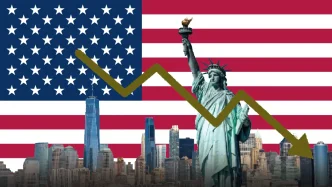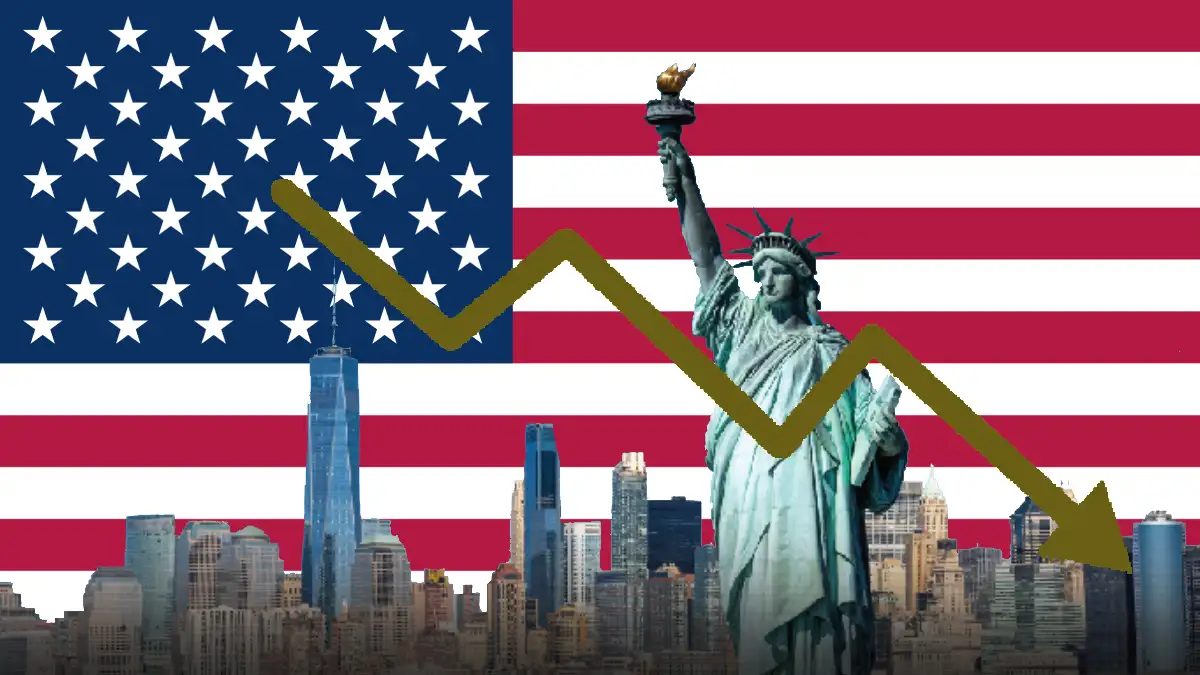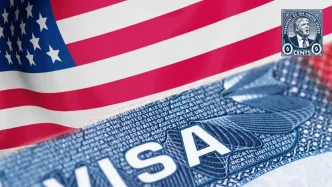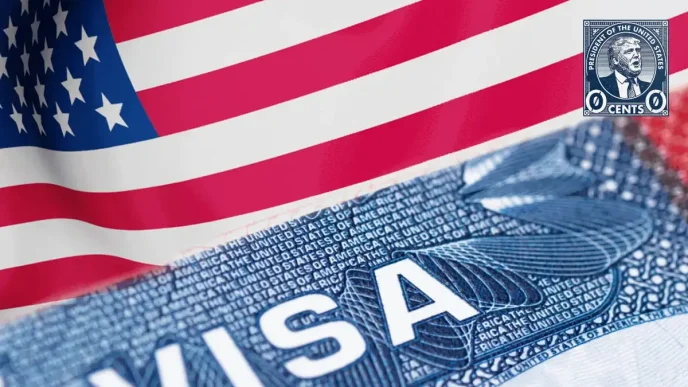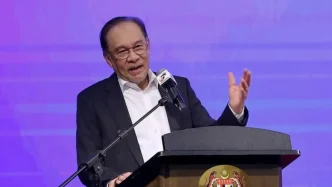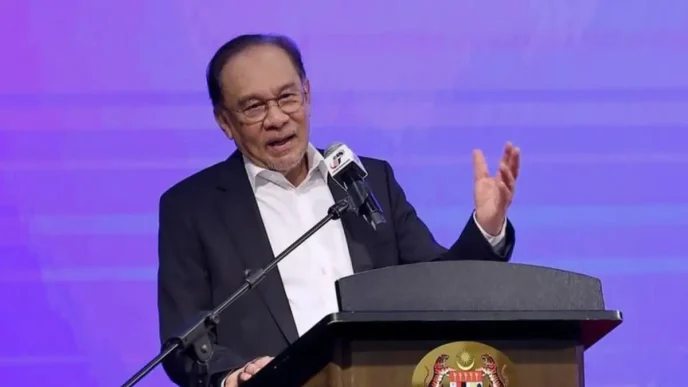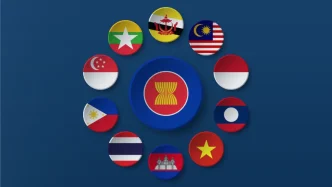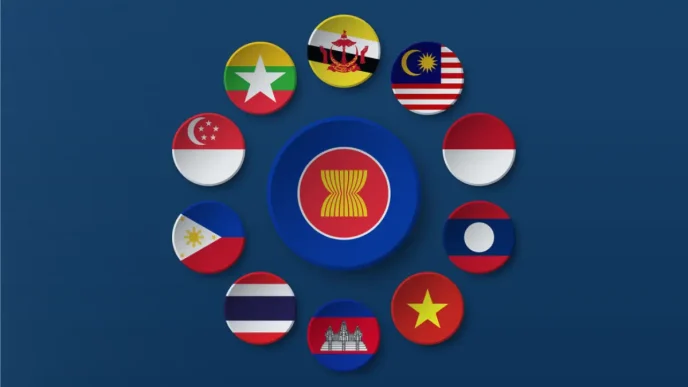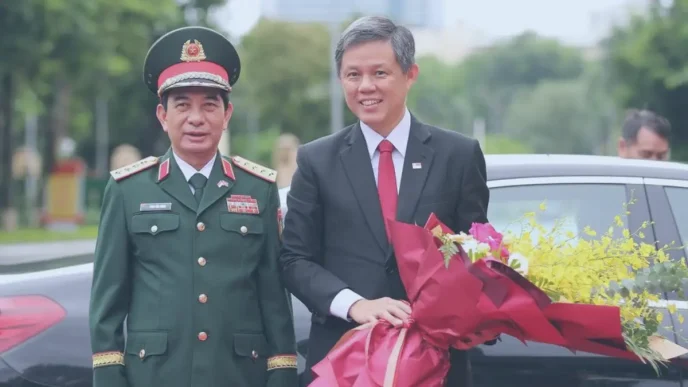A growing number of Southeast Asian travelers are reconsidering trips to the United States, citing concerns over potential discrimination, stringent border policies, and gun violence, according to a recent survey by media analysts. Conducted between May 2025 and July 2025 by market research analysts at Current Media Group, the survey of 10,000 respondents from ASEAN revealed that nearly 90% perceive the U.S. as losing its appeal as a travel destination. This shift in sentiment, influenced by both policy decisions and cultural perceptions, opportunistic crime as well as perception of multi-year leadership failure underscores broader regional anxieties about visiting the world’s largest economy.
Declining Interest and Key Concerns
The survey highlights a significant decline in interest, with one in four respondents noting a reduced desire to visit the U.S. over the past six months. Unlike cost, which often dominates travel decisions, the primary deterrents for South East Asians focuses on social and political issues. Reports of discriminatory treatment, unease over policies enacted by the Trump administration, perception of bad leadership from the previous president and persistent fears of gun violence in the U.S. rank higher than financial barriers. Younger travelers, while still more likely to express interest in visiting compared to older demographics, are particularly sensitive to news about tariffs and border detentions, according to the findings.
Over half of the respondents reported having visited the U.S. at least once in the past, suggesting that personal experiences may also shape current perceptions. However, the negative sentiment is not uniform across the region, with stark differences emerging between countries.
Country-Specific Sentiments
Despite broader regional concerns, interest in U.S. travel has risen in some nations. In Vietnam, 57% of respondents expressed greater interest in visiting the U.S. compared to six months prior, while 49% of Filipinos shared similar enthusiasm. Zilmiyah Kamble, a senior lecturer in hospitality and tourism management at James Cook University in Singapore, attributes this to strong familial ties and cultural influences. “It could be because of family connections who live there,” said Kamble. But there’s also “the aspirational factor and the soft power of U.S. culture, through TV shows, that still is very attractive.”
Large Vietnamese and Filipino diasporas in the U.S.—ranked eighth and fourth among immigrant groups respectively, as per 2024 Pew Research Center data—likely play a role in sustaining interest. Broadsheet spoke to Eroll Prince, a Manila resident who frequently travels to the U.S., echoed this sentiment, noting that many Filipinos still view America as a desirable destination for work, family, and leisure. “It’s where I go to get my creative inspiration plus my family is there, so I gotta connect with my people.” said 29 year old Prince.
In contrast, Singapore stands out for its sharp decline in interest. A striking 55% of Singaporean respondents reported feeling less inclined to visit the U.S. compared to November of the previous year, with only 7% indicating increased interest. This divergence may reflect Singapore’s heightened sensitivity to global political rhetoric and policy shifts, given its status as a highly connected, cosmopolitan hub.
Policy Impacts and Tariff Tensions
Recent U.S. policies, particularly under the Trump administration, have further complicated travel perceptions. Analysis of public perception notes strong reactions to tariff announcements, especially among Vietnamese respondents, who initially faced the steepest tariffs. While specific policy details remain fluid, the initial proposal of significant tariffs on Vietnamese imports, later adjusted through a trade deal, has fueled uncertainty. Such economic measures, though primarily trade-focused, spill over into public consciousness, shaping decisions about leisure travel and cultural exchange.
The impact of policy extends beyond economics. Reports of border detentions and tightened entry protocols have amplified unease, particularly among younger travelers who are more attuned to global news cycles. These developments align with broader global trends, as evidenced by a YouGov report from March 2025, which documented a decline in positive “buzz” and “impressions” of the U.S. as a travel destination since the start of the year. Negative net scores emerged in regions like Europe, the Middle East, North Africa, and neighboring Canada and Mexico, reflecting a wider erosion of appeal.
In recent days 18 Filipinos crew members from the Carnival Sunshine in Norfolk, Virginia, were deported from the U.S. by Customs and Border Protection. The ship employees reportedly were not provided with the opportunity to retain legal counsel and were forcibly detained and taken from the Carnival cruise ship in handcuffs and then deported to the Philippines—a disturbing trend that has seen people deported under similar false pretenses, despite holding valid visas and lack of criminal charges.
Global and Online Sentiment
Despite declining impressions, the YouGov data suggests that the number of people considering the U.S. for their next international trip has remained relatively stable globally. Post-election interest following Donald Trump’s victory in November 2024 saw spikes in regions like the United Arab Emirates, India, Hong Kong, and Poland. However, declines were notable in Singapore, Canada, and parts of Northern and Western Europe, with global travel interest dropping by 13% overall.
Online sentiment mirrors these divides. Analytics firm Sprout Social analyzed over 87,000 mentions and more than 1 million engagements across platforms like X, YouTube, Tumblr, and Reddit between April 30 and June 3. Of nearly 50,000 mentions from Canada, 45% carried negative tones about U.S. travel. In contrast, 96% of the 18,000 interactions originating from India were positive or neutral. Notably, the most critical online sentiment came from within the U.S. itself, hinting at domestic dissatisfaction with the country’s image or policies affecting tourism.
Cultural and Aspirational Factors
Beyond policy, cultural dynamics play a significant role in shaping travel decisions. For countries like Vietnam and the Philippines, the U.S. remains a symbol of opportunity and aspiration, bolstered by family connections and the pervasive influence of American media. Television shows, movies, and music continue to project a vision of the “American Dream” even as political rhetoric and safety concerns temper enthusiasm.
Conversely, in nations like Singapore, where global awareness and risk aversion are high, travelers appear more responsive to negative news cycles. The city-state’s population, accustomed to stability and safety, may weigh issues like gun violence more heavily than the cultural pull of the U.S. This cautious approach reflects a broader trend among affluent, urban Southeast Asian demographics who prioritize security in travel planning.
Economic Implications for Tourism
The decline in Southeast Asian interest carries potential economic ramifications for the U.S. tourism sector, which relies heavily on international visitors. While the region represents a smaller share of total inbound travelers compared to Europe or Canada, markets like Thailand, Singapore, and Malaysia contribute significant spending power. A sustained drop in interest could impact sectors ranging from hospitality to retail, particularly in gateway cities like Los Angeles, New York, and San Francisco, which historically attract Asian tourists.
Moreover, the interplay between trade policies and travel sentiment highlights a feedback loop. Tariffs and border measures, often framed as economic tools, influence personal decisions, reinforcing perceptions of the U.S. as less welcoming. This dynamic poses challenges for policymakers seeking to balance domestic priorities with the need to maintain a positive global image.
Looking Ahead
As Southeast Asian travelers weigh their options, the U.S. faces a complex task in rebuilding trust and appeal. Addressing concerns over safety, discrimination, and policy unpredictability will be critical to reversing declining interest. For now, regional disparities—ranging from Vietnam’s enduring fascination to Singapore’s growing reluctance—paint a fragmented picture of how the U.S. is perceived as a destination.
The coming months may offer clarity on whether these trends solidify or shift, particularly as global travel patterns adjust to post-election realities and evolving economic ties. What remains uncertain is whether cultural allure can outweigh mounting apprehensions among Southeast Asia’s diverse traveler base.

